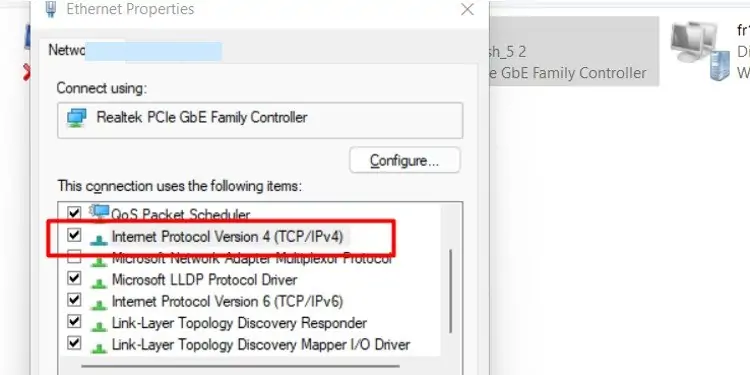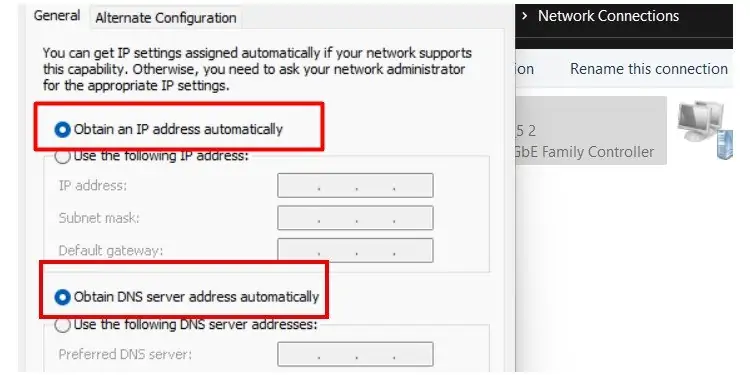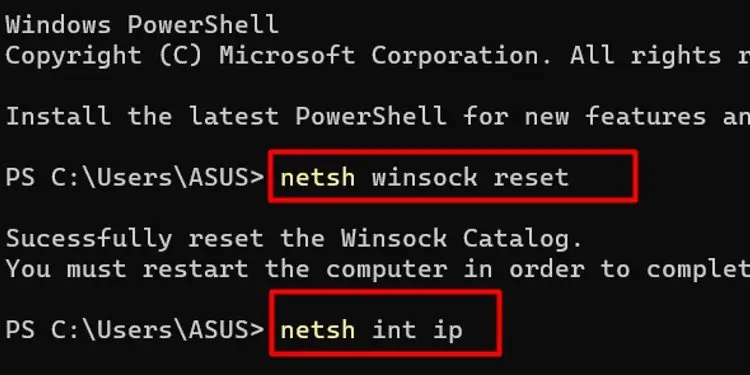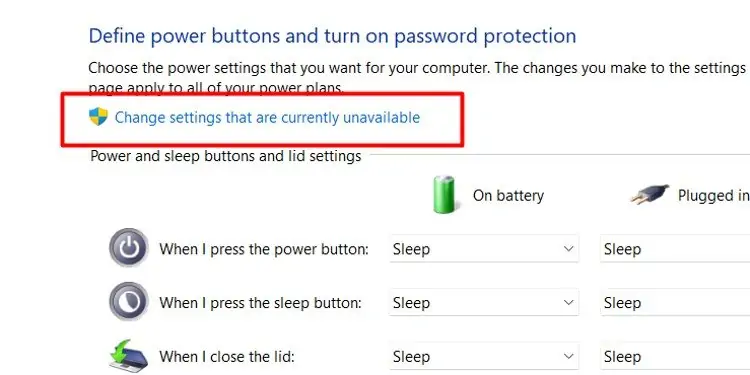When your Ethernet doesn’t have a valid IP configuration, you’re going to be unable to connect to other networks and devices. Each device on your network needs a unique address that identifies it.
When something gets in the way of that address being assigned, your entire Ethernet connection is compromised.
How to Fix Ethernet Doesn’t Have a Valid IP Configuration
As you move through different troubleshooting techniques, remember to restart your computer between each one. Once it’s back on, test to see whether the problem is fixed.
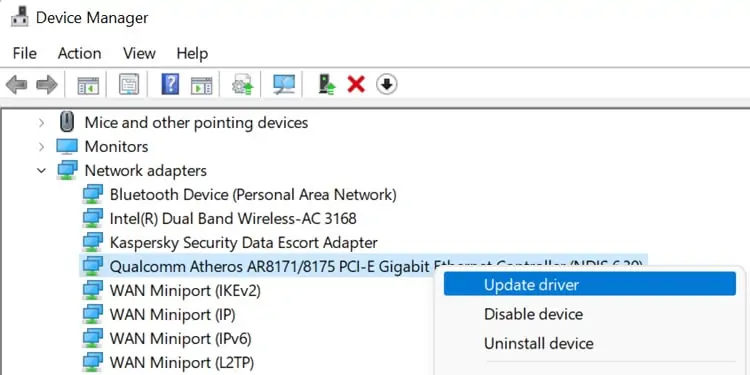
Remember to turn off any virtual private networks or anything else that might interfere with your Ethernet connection before you begin.
Restart Your Modem and Router
When something isn’t working with your network, restart yourmodem and routerto refresh your network and potentially clear errors.
It seems simple, but straightforward solutions are often the best ones. You’d be surprised how often something this essential works.
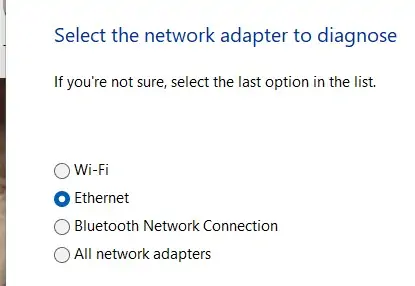
If it still isn’t working, then the restart didn’t do the trick. You’ll have to tryadjusting your settingsand figuring out precisely what is preventing your Ethernet from having a valid IP configuration.
Use device manager toupdate your network drivers. Sometimes a new update can fix a problem you’re having or prevent future problems.
you may also download the drivers from your Ethernet controller manufacturer and install them manually.
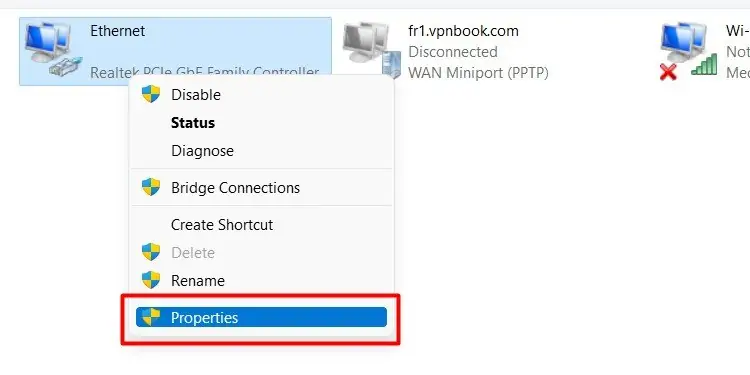
Sometimes Windows can use built-in troubleshooters to find aproblem with your network connection.
The troubleshooter won’t necessarily find every problem with your Ethernet connection, but it will help you ensure that you’re not missing issues.
IPv6 is a newer protocol than IPv4, but some devices don’t use it. If you disable IPv6, it might help your Ethernet access a valid IP configuration and help you get back online.
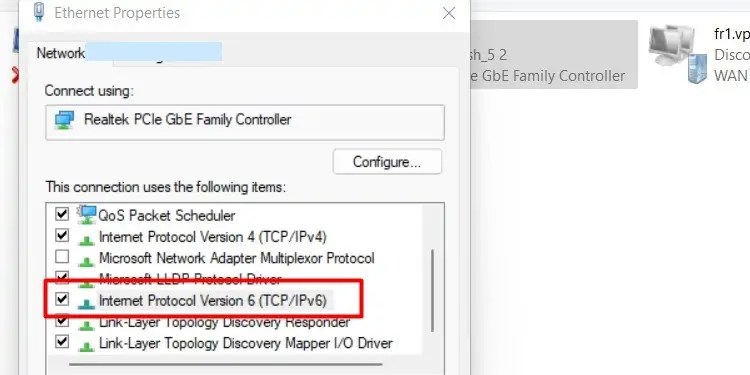
Change Other Network Settings
